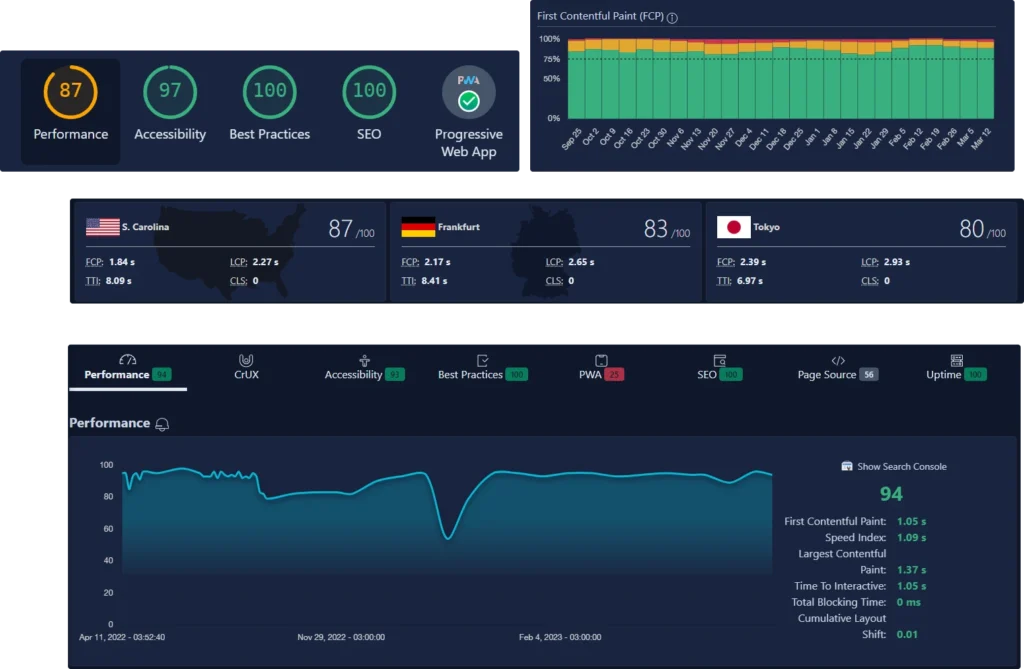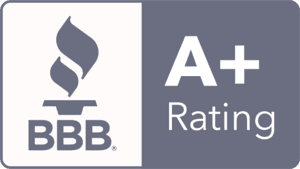In today’s digital landscape, website speed has become a critical factor in determining user experience and overall site performance. It’s no longer enough to have a visually appealing website; users expect rapid loading times and smooth interactions. One of the most significant factors affecting site performance optimization is the choice of web hosting. This blog explores how web hosting impacts site performance optimization and performance, helping you understand the vital role it plays in your online success.
Understanding Website Speed
Website speed refers to how quickly a webpage loads its content, including text, images, and other media. It’s typically measured in seconds and is crucial for both user experience and search engine optimization (SEO). Studies have shown that users are likely to abandon a site if it takes longer than three seconds to load. Furthermore, search engines like Google prioritize fast-loading sites in their ranking algorithms, meaning that your website loading speed can directly influence your visibility in search results.

How Web Hosting Affects Website Speed
When considering website loading speed, the importance of web hosting cannot be overstated. Here are several ways in which your choice of hosting provider and plan can impact your website’s performance:
1. Server Location
The physical location of your web hosting server plays a significant role in website loading speed. When a user requests to access your site, the data has to travel from the server to the user’s device. If your server is located far from the user, this distance can increase loading times. Choosing a hosting company that has servers strategically placed near your target market will greatly increase the speed of your website.
2. Server Resources
The CPU, RAM, and storage allotted to your hosting plan have an immediate effect on how quickly your website loads. Shared hosting plans may seem cost-effective, but they often come with limited resources and slower performance due to multiple websites sharing the same server. Upgrading to a Virtual Private Server (VPS) or dedicated hosting can provide more resources, resulting in better speed and performance.
3. Uptime and Reliability
Website uptime refers to the amount of time your website is operational and accessible to users. A reliable hosting provider will guarantee high uptime percentages, usually above 99.9%. Frequent downtime can severely impact website loading speed, as users may encounter errors or unresponsive pages. Ensuring that your web host has a strong uptime record is essential for maintaining optimal website loading speed.
Read more: 5 Essential Elements of an Effective E-Commerce Website Design
4. Bandwidth and Traffic Handling
Bandwidth is the amount of data your hosting plan can handle at any given time. If your website experiences a surge in traffic, limited bandwidth can lead to slower loading times and even crashes. Choosing a hosting plan with sufficient bandwidth ensures that your site can accommodate traffic spikes without sacrificing speed.
5. Content Delivery Networks (CDN)
Many hosting providers offer integrated CDN solutions that can significantly enhance website loading speed. A CDN distributes your website’s content across multiple servers worldwide, allowing users to access the nearest server to them. By doing this, loading times and latency are decreased, improve user experience overall. When evaluating web hosting options, consider those that offer CDN support.
Optimizing Website Speed Beyond Hosting
While selecting the best hosting company is important, there are other factors to consider when attempting to improve the speed of your website. Here are some additional strategies to enhance performance:
Image Optimization: You may drastically cut down on loading times by using suitable file formats and compressing photos.
Minifying Code: Reducing the size of HTML, CSS, and JavaScript files helps improve website loading speed by decreasing the amount of data that needs to be loaded.
Caching: Implementing caching solutions can store copies of your pages, reducing load times for returning visitors.
Choosing the Right Platform: Some content management systems (CMS) are more optimized for speed than others. Selecting a fast, lightweight CMS can contribute to better performance.
Discover more about Cheap Web Hosting Services
Conclusion
In conclusion, the role of web hosting in website speed and performance is crucial. From server location and resources to bandwidth and uptime, each aspect of your hosting choice impacts how quickly your site loads and functions. Understanding these elements can help you make informed decisions that enhance your website loading speed, improve user experience, and boost your SEO rankings.
As you evaluate your hosting options, prioritize providers that offer robust performance features and support for optimizing website speed. Investing in quality web hosting can lead to a faster, more reliable website that not only meets user expectations but also thrives in a competitive digital landscape.
Ready to boost your website speed and performance? Let The Valley List help you choose the perfect web hosting solution for a faster, more reliable site. Contact us today!




